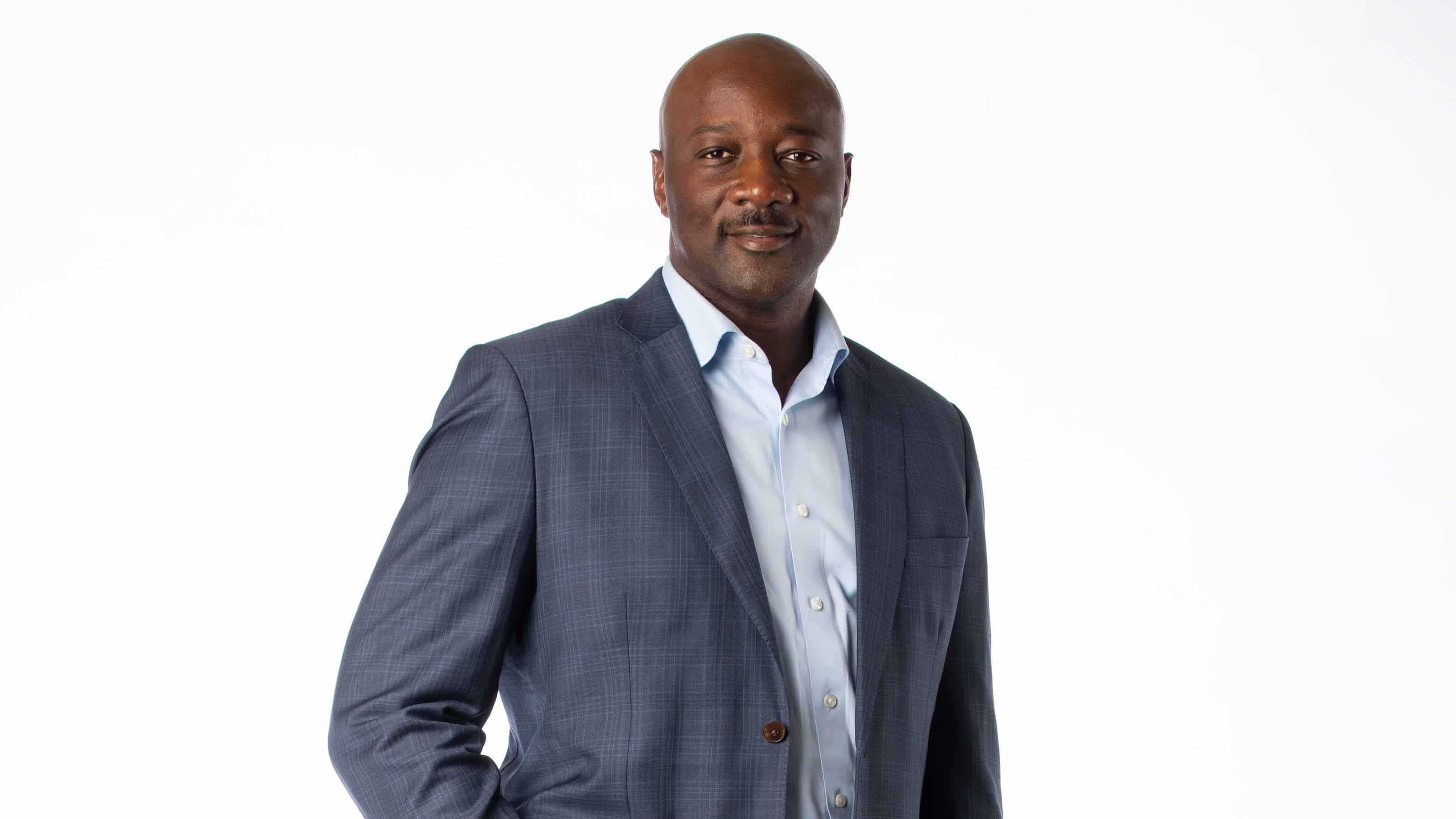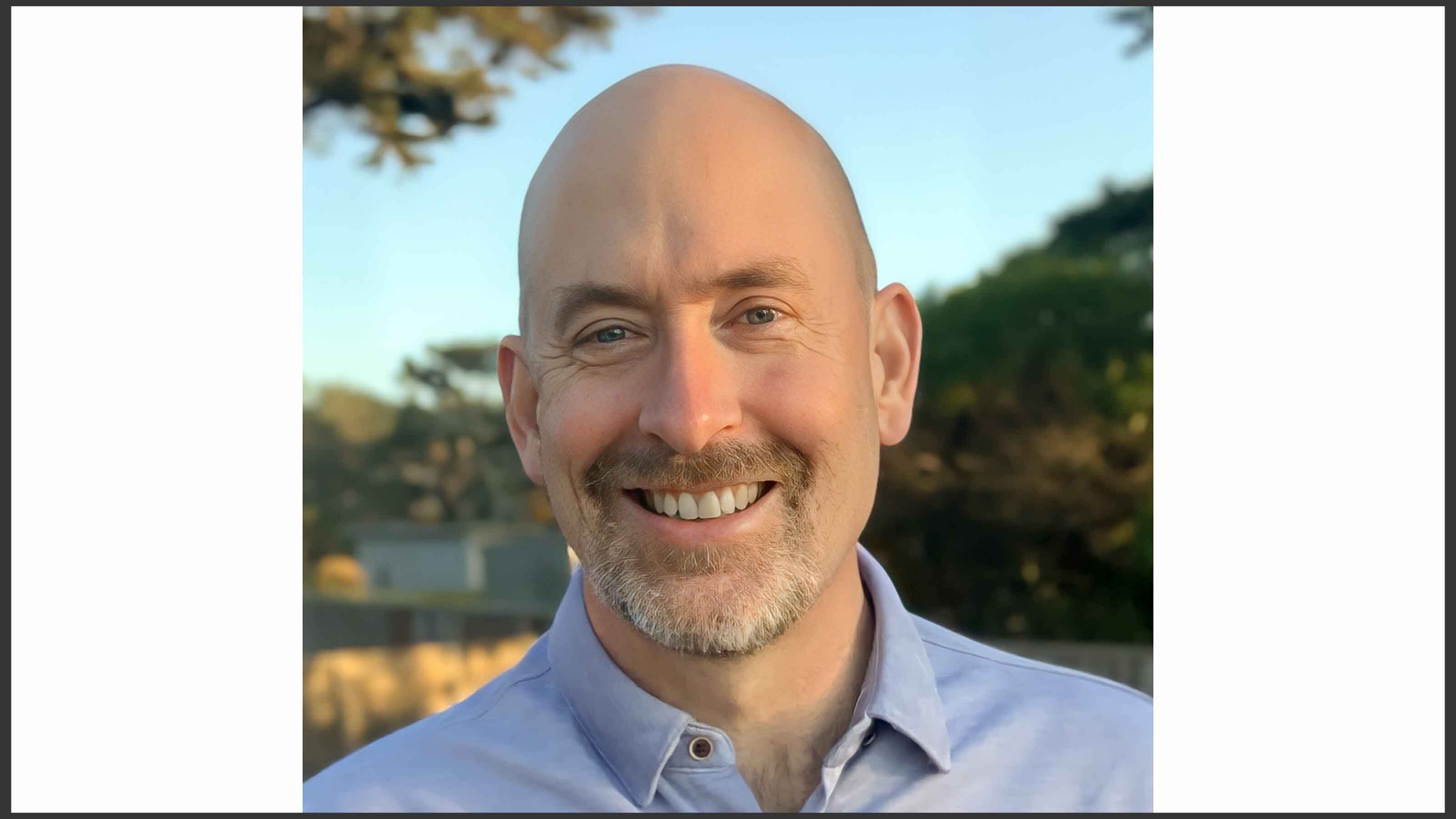My Search for a Financial Adviser
Despite being a money expert himself, Kiplinger editor Mark Solheim found the advice industry to be a labyrinth of credentials and opaque fee structures when he went looking for financial guidance from the pros.

Profit and prosper with the best of Kiplinger's advice on investing, taxes, retirement, personal finance and much more. Delivered daily. Enter your email in the box and click Sign Me Up.
You are now subscribed
Your newsletter sign-up was successful
Want to add more newsletters?

Delivered daily
Kiplinger Today
Profit and prosper with the best of Kiplinger's advice on investing, taxes, retirement, personal finance and much more delivered daily. Smart money moves start here.

Sent five days a week
Kiplinger A Step Ahead
Get practical help to make better financial decisions in your everyday life, from spending to savings on top deals.

Delivered daily
Kiplinger Closing Bell
Get today's biggest financial and investing headlines delivered to your inbox every day the U.S. stock market is open.

Sent twice a week
Kiplinger Adviser Intel
Financial pros across the country share best practices and fresh tactics to preserve and grow your wealth.

Delivered weekly
Kiplinger Tax Tips
Trim your federal and state tax bills with practical tax-planning and tax-cutting strategies.

Sent twice a week
Kiplinger Retirement Tips
Your twice-a-week guide to planning and enjoying a financially secure and richly rewarding retirement

Sent bimonthly.
Kiplinger Adviser Angle
Insights for advisers, wealth managers and other financial professionals.

Sent twice a week
Kiplinger Investing Weekly
Your twice-a-week roundup of promising stocks, funds, companies and industries you should consider, ones you should avoid, and why.

Sent weekly for six weeks
Kiplinger Invest for Retirement
Your step-by-step six-part series on how to invest for retirement, from devising a successful strategy to exactly which investments to choose.
My wife and I live in a 1,000-square-foot house in Washington, D.C. That's no typo. The house is tiny. We've thought about buying a bigger place, but we love our neighbors, the Metro is a 10-minute walk away, and we are across the street from a park. So a few years ago we started thinking about building an addition. We talked about it ... and talked ... and talked some more. I was in favor of financing it with a fat home-equity loan; the thought of taking on that debt made my wife cringe.
We decided to consult a financial planner to help us sort through our options. We had other reasons for seeking help. We wondered what would happen to our retirement accounts after the bull market skidded to a halt. We were looking for tax planning strategies. We needed a push to update our wills. And, frankly, we wanted someone to help us budget better and set realistic savings goals for things such as family vacations (and the home renovation).
A frustrating search. The advice industry is a labyrinth of credentials and opaque fee structures. Some planners’ compensation is based on commissions from selling mutual funds and insurance products, some charge a fee based on a percentage of assets, and some charge fixed fees. Commission-based advice can work fine, but it gets a bad rap because some planners have pushed high-fee products. Kiplinger’s prefers fee-only planners, and among the many designations they may hold, the certified financial planner credential is the gold standard. CFPs must act as fiduciaries, putting their clients’ interests above their own. But even searching for a CFP means jumping into a rabbit hole of client-adviser relationships and fees.
From just $107.88 $24.99 for Kiplinger Personal Finance
Become a smarter, better informed investor. Subscribe from just $107.88 $24.99, plus get up to 4 Special Issues

Sign up for Kiplinger’s Free Newsletters
Profit and prosper with the best of expert advice on investing, taxes, retirement, personal finance and more - straight to your e-mail.
Profit and prosper with the best of expert advice - straight to your e-mail.
My own search was one impetus for our cover story, “The Right Advice at the Right Price,” by senior editor Sandy Block and contributing editor Lisa Gerstner. My wife and I interviewed three advisers with three different business models. The first was an independent money management firm that would invest our money and offer comprehensive planning for an annual fee of 1% of our assets. We spent a couple of hours at the firm’s plush offices answering questions about our finances and goals, then returned for a personalized presentation—which was when we realized we didn’t want to pay thousands of dollars a year to invest in the firm’s model portfolios.
The next stop was a firm that would draw up a comprehensive plan for $5,000. My wife and I would have to complete a long questionnaire about our finances and our money styles, then sit through a series of interviews with the planner. About three months later, we’d get a road map to financial nirvana. The fee may have been worth every penny, but we weren’t prepared to make such a deep commitment.
The third time was the charm. Lori Atwood, a CFP, charges by the hour, with no minimum time or financial commitment. Her overhead is low— she will come to you or meet at a downtown office building where she rents space by the hour. “I want people to have access to unconflicted advice not based on assets under management,” she says. “The demand is huge.” Atwood also just launched a personal finance platform and app ($6.99 a month) based on the system she uses with clients. Check it out at FearlessFinance.com.
We met with Atwood three or four times to track our income and outgo and come up with a budget to help us save for our goals. We put the plan in place and, a year later, we’re going back for a checkup—and finalizing the blueprints for our addition.
Profit and prosper with the best of Kiplinger's advice on investing, taxes, retirement, personal finance and much more. Delivered daily. Enter your email in the box and click Sign Me Up.

Mark was the editor of Kiplinger's Personal Finance magazine from July 2017 to June 2023. Prior to becoming editor, he was the Money and Living sections editor and, before that, the automotive writer. He has also been editor of Kiplinger.com as well as the magazine's managing editor, assistant managing editor and chief copy editor. Mark has also served as president of the Washington Automotive Press Association. In 1990 he was nominated for a National Magazine Award. Mark earned a B.A. from University of Virginia and an M.A. in Writing from Johns Hopkins University. Mark lives in Washington, D.C., with his wife, and they spend as much time as possible in their Glen Arbor, Mich., vacation home.
-
 Betting on Super Bowl 2026? New IRS Tax Changes Could Cost You
Betting on Super Bowl 2026? New IRS Tax Changes Could Cost YouTaxable Income When Super Bowl LX hype fades, some fans may be surprised to learn that sports betting tax rules have shifted.
-
 How Much It Costs to Host a Super Bowl Party in 2026
How Much It Costs to Host a Super Bowl Party in 2026Hosting a Super Bowl party in 2026 could cost you. Here's a breakdown of food, drink and entertainment costs — plus ways to save.
-
 3 Reasons to Use a 5-Year CD As You Approach Retirement
3 Reasons to Use a 5-Year CD As You Approach RetirementA five-year CD can help you reach other milestones as you approach retirement.
-
 Money for Your Kids? Three Ways Trump's ‘Big Beautiful Bill’ Impacts Your Child's Finances
Money for Your Kids? Three Ways Trump's ‘Big Beautiful Bill’ Impacts Your Child's FinancesTax Tips The Trump tax bill could help your child with future education and homebuying costs. Here’s how.
-
 Key 2025 Tax Changes for Parents in Trump's Megabill
Key 2025 Tax Changes for Parents in Trump's MegabillTax Changes Are you a parent? The so-called ‘One Big Beautiful Bill’ (OBBB) impacts several key tax incentives that can affect your family this year and beyond.
-
 What Does Medicare Not Cover? Eight Things You Should Know
What Does Medicare Not Cover? Eight Things You Should KnowMedicare Part A and Part B leave gaps in your healthcare coverage. But Medicare Advantage has problems, too.
-
 QCD Limit, Rules and How to Lower Your 2026 Taxable Income
QCD Limit, Rules and How to Lower Your 2026 Taxable IncomeTax Breaks A QCD can reduce your tax bill in retirement while meeting charitable giving goals. Here’s how.
-
 How to Benefit From Rising Interest Rates
How to Benefit From Rising Interest RatesFinancial Planning Savers will get the best rates from top-yielding savings and money market deposit accounts at online banks.
-
 Donor-Advised Funds: The Gift That Keeps on Giving
Donor-Advised Funds: The Gift That Keeps on GivingFinancial Planning Expert guidance on how this charitable vehicle can make a difference.
-
 PODCAST: Tax Breaks for College Finance with Kalman Chany
PODCAST: Tax Breaks for College Finance with Kalman ChanyPaying for College Paying for (ever-pricier) college is a challenge that this consultant meets head on with highly specific guidance.
-
 Reading, Writing, and Personal Finance
Reading, Writing, and Personal FinanceRaising Money-Smart Kids A growing number of high schools are adding personal finance to their curriculum.